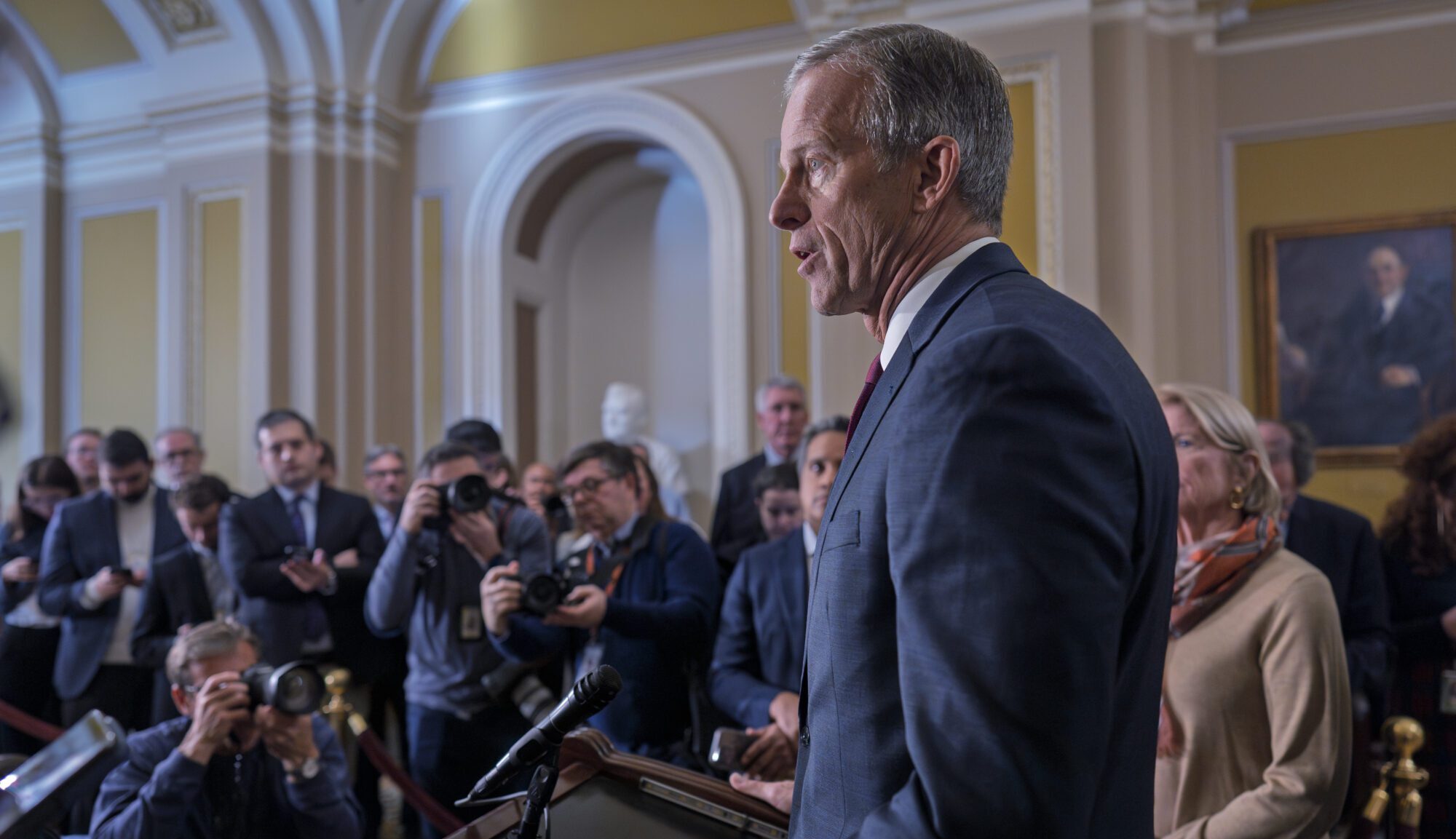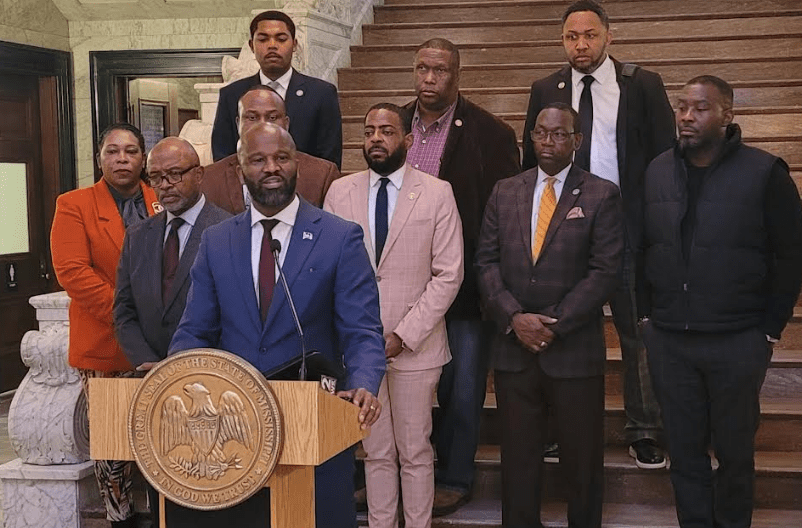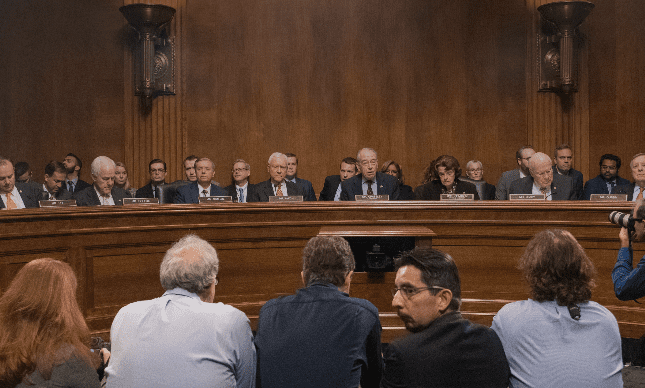
Charles Lipson
It sure did on Twitter after Sen. Scott’s speech.
The latest target for online mobs is South Carolina’s Republican senator Tim Scott. His ‘crime’ is apparently being a black conservative who gave a thoughtful televised response to President Biden’s address to a joint session of Congress. The mob responded by calling him ‘Uncle Tim’, a none-too-clever play on the old racial epithet, ‘Uncle Tom’. Twitter allowed that hashtag to trend.
Scott has endured such insults before. So have all black conservatives. They shouldn’t have to stand alone in their response. Good people, including those who disagree sharply with conservatives, should stand with them. Slanders like these, left unanswered, degrade us all.
Sen. Scott spoke because Republicans chose him to give the party’s official response to President Biden’s address. It was an inspired choice, not only because Scott is an effective, engaging speaker, but because he led a major effort to deal with one of the country’s most pressing issues: police reform. Democrats blocked it last year with a filibuster, a tactic they now condemn as Jim Crow racism. In any event, Scott has strong policy credentials on a range of issues and knows how to convey them without rancor.
Moreover, Scott’s position in the US Senate carries historical resonance. He is a black man representing the state that fired the first shots of the Civil War, the state that produced slavery’s most prominent defenders and ideologues, the state that represented the very essence of the slave-holding South. That Tim Scott now represents South Carolina in the Senate is the living embodiment of our country’s racial progress. That is progress worth celebrating, even if you believe it is far from complete.
Scott’s speech was substantive and impressive, strong on policy, strong on Republican disagreements with Democratic initiatives. It was laced with personal experiences about the racial discrimination he experienced directly. It was one of those all-too-rare cases where the official rejoinder actually added to the speaker’s stature. Most responses are stiff, formulaic, and monotonous, with all the political depth of Academy Award acceptance speeches. Not Scott’s.
The social media mob responded with malign, racially-charged personal attacks on Scott. Twitter allowed those epithets to trend as hashtags.
Let’s get back to basics here. Substantive policy disagreements are fine. They are essential features of a robust democracy. Slurs and personal attacks are not. Yes, they are protected by the First Amendment, unless they contain dangerous personal threats. But they degrade our national conversation, and they do so at a moment when it is already in tatters.








